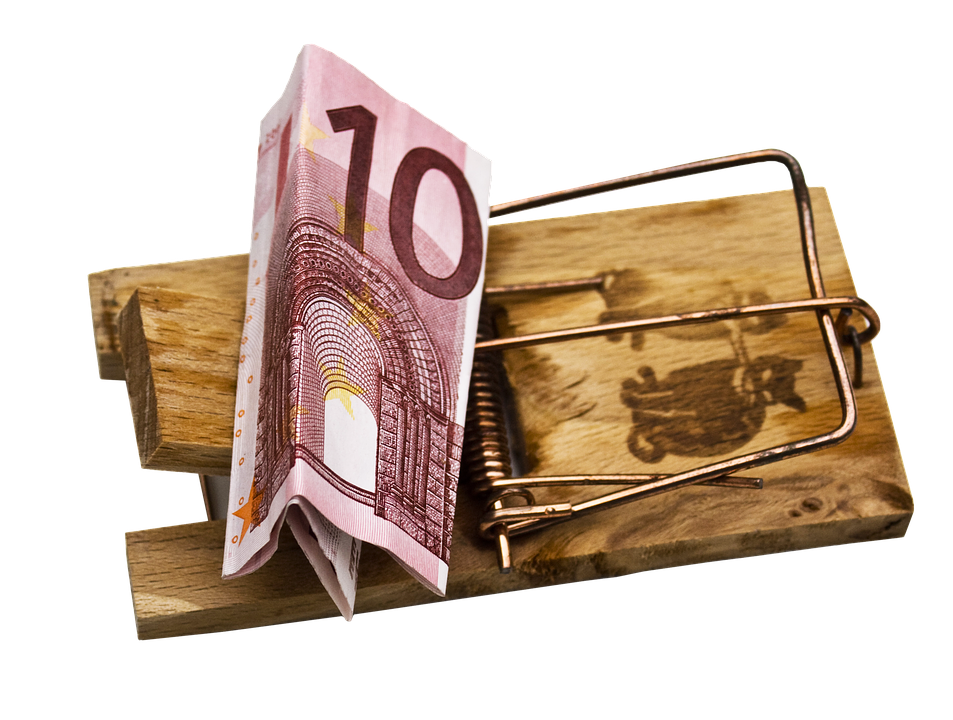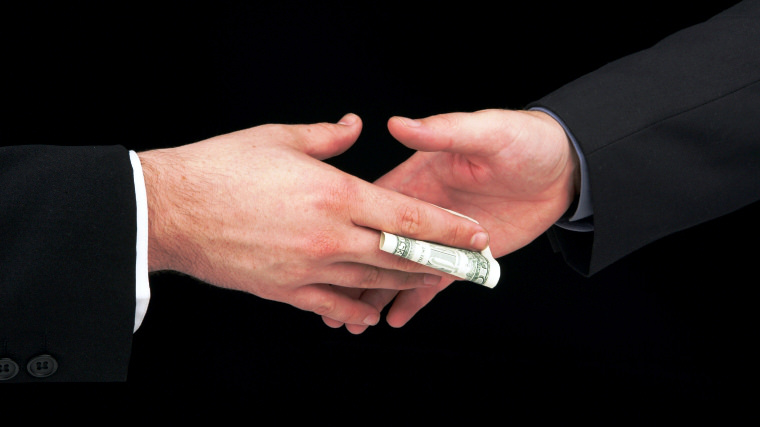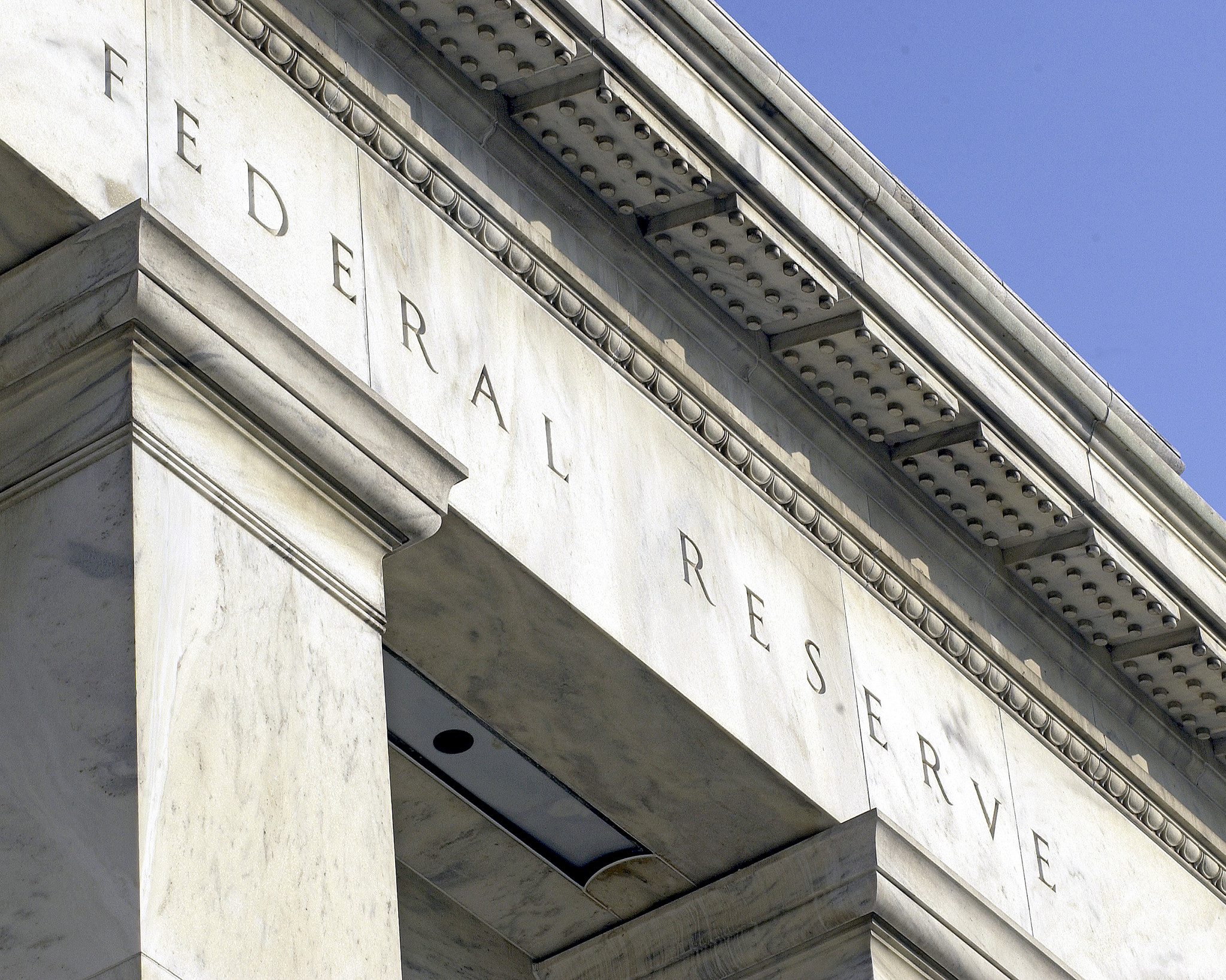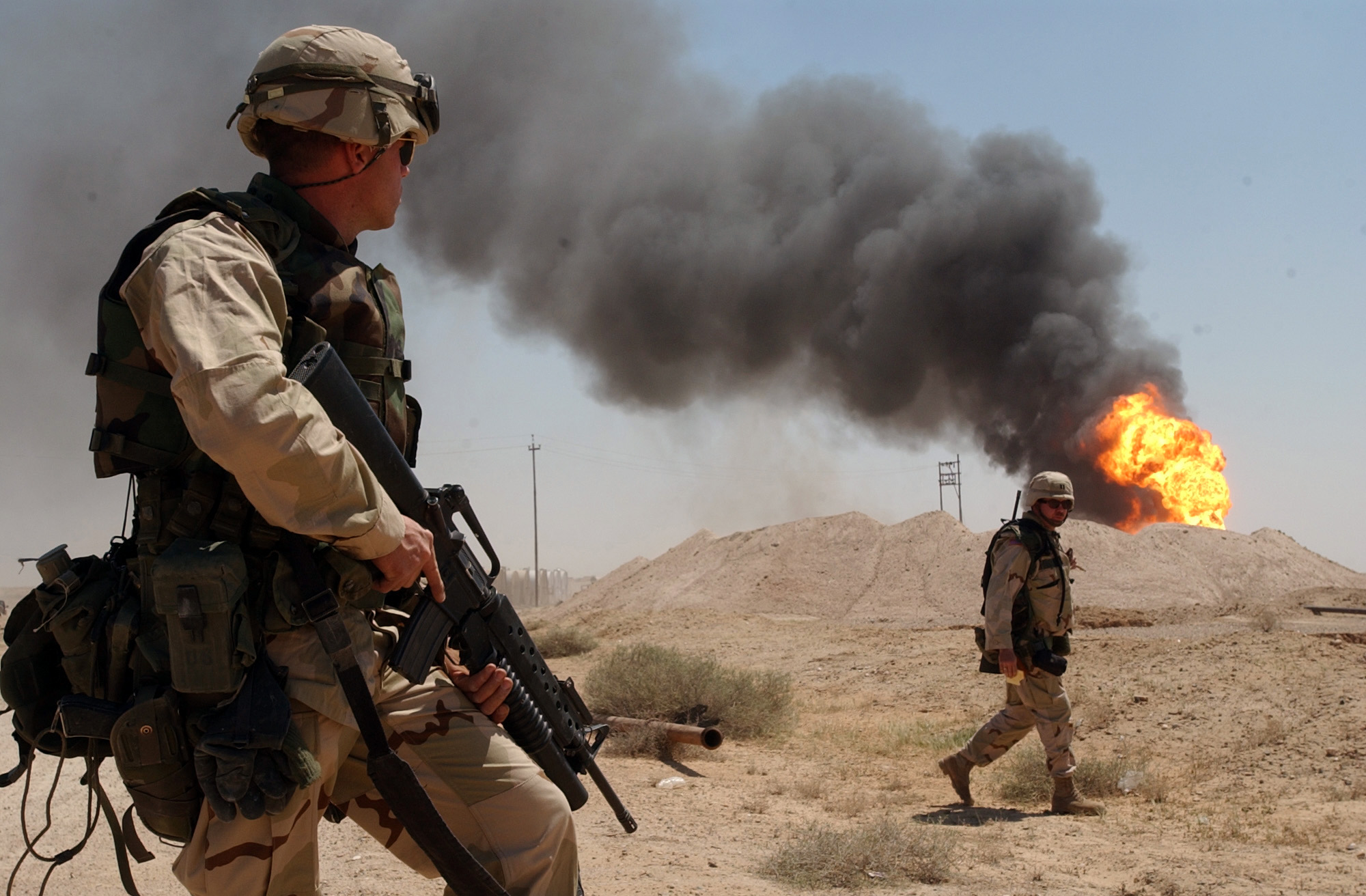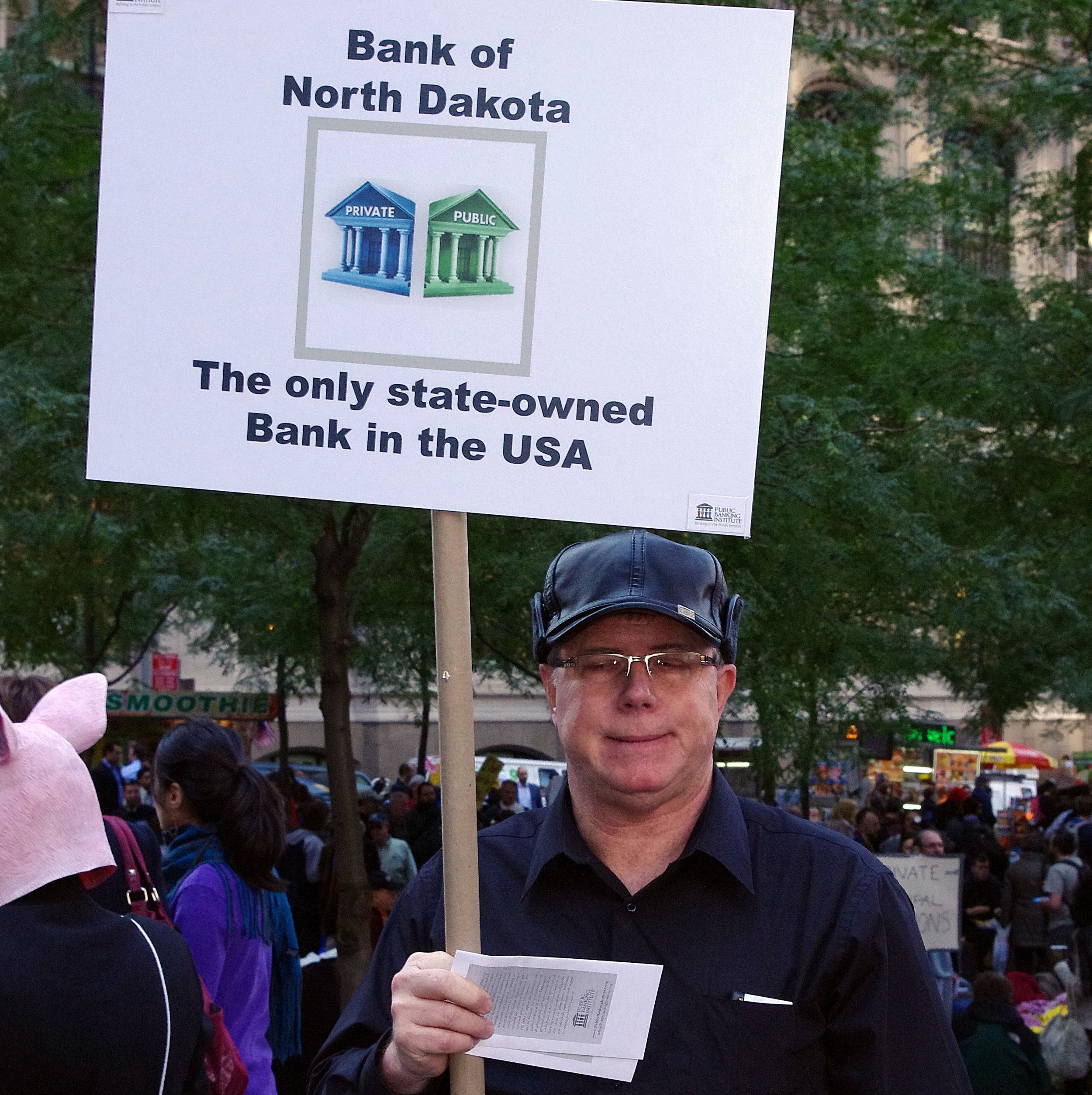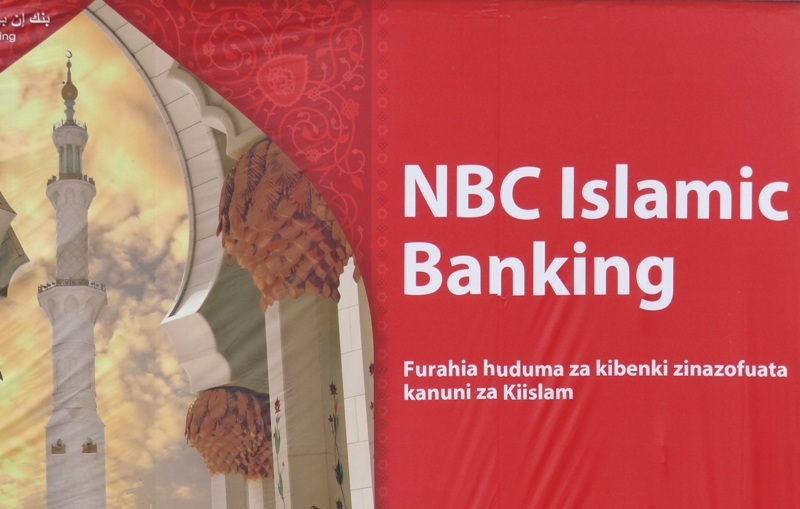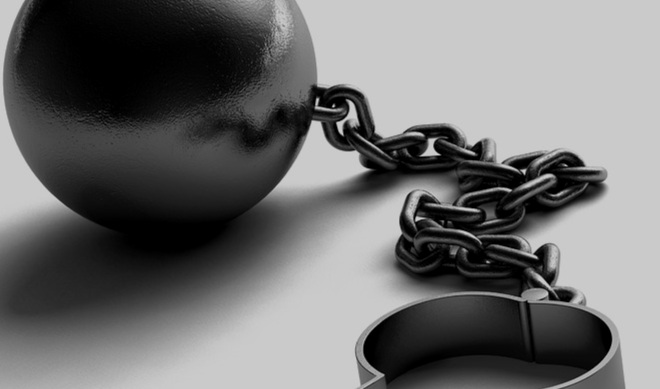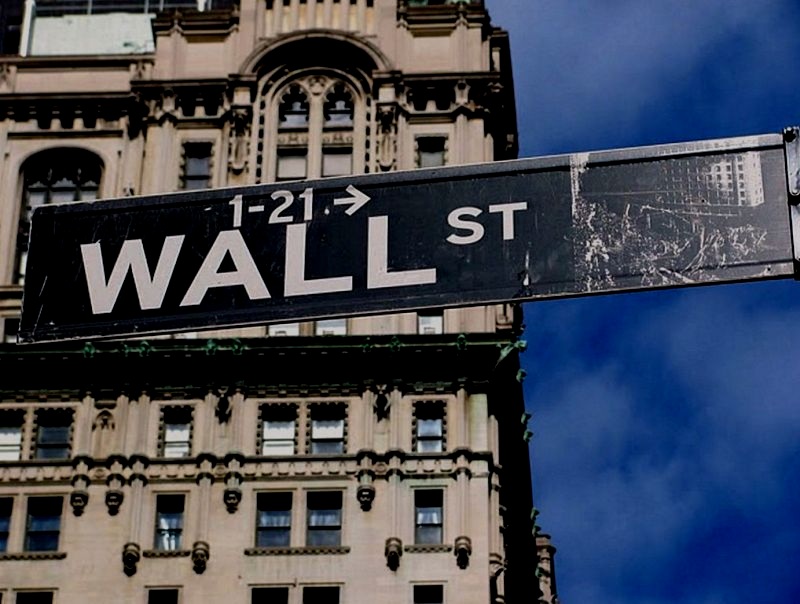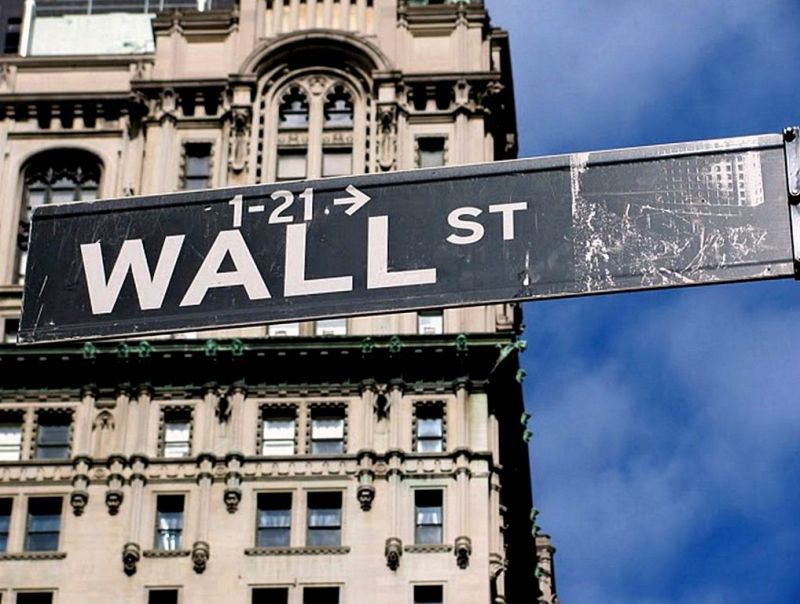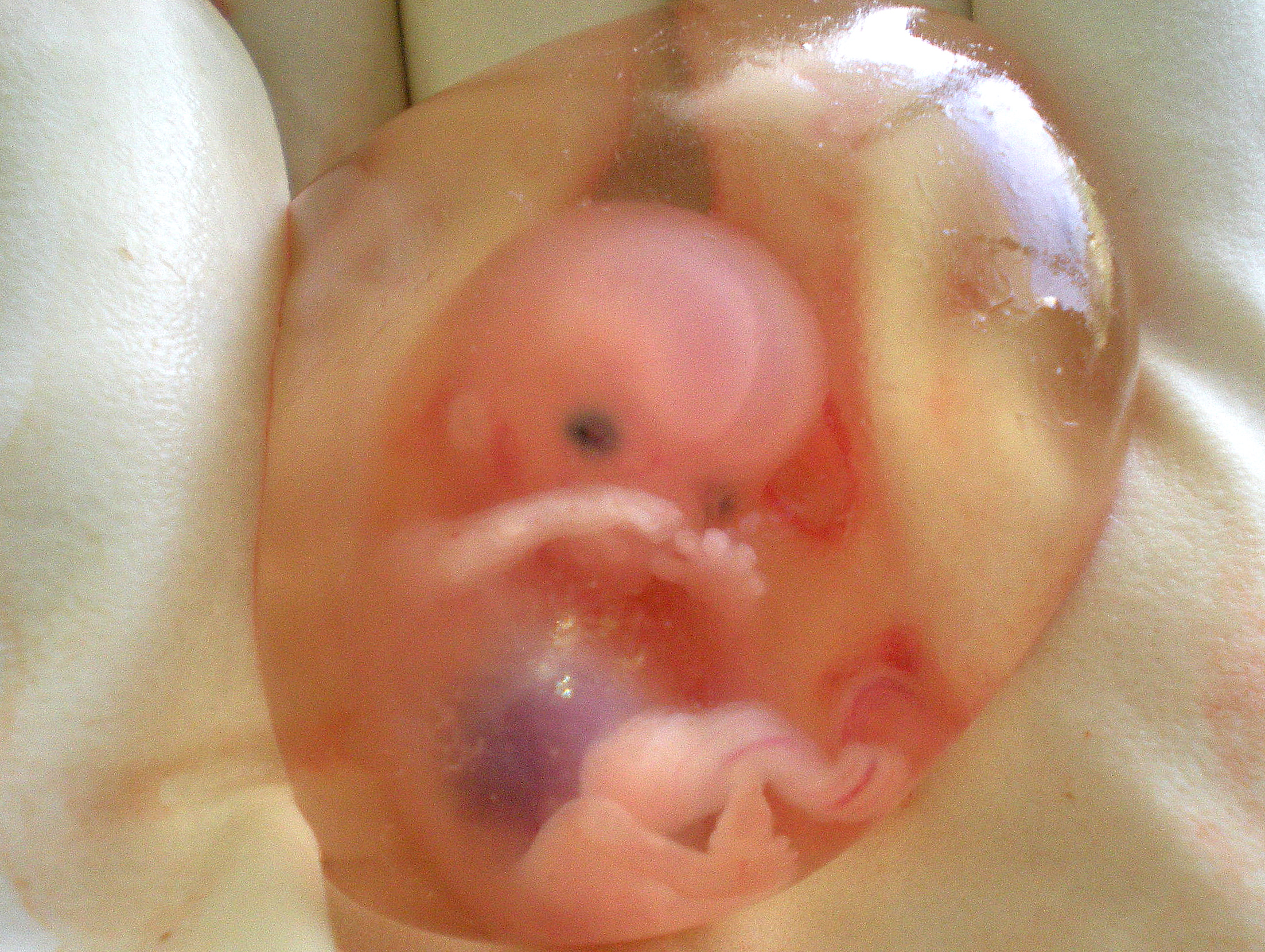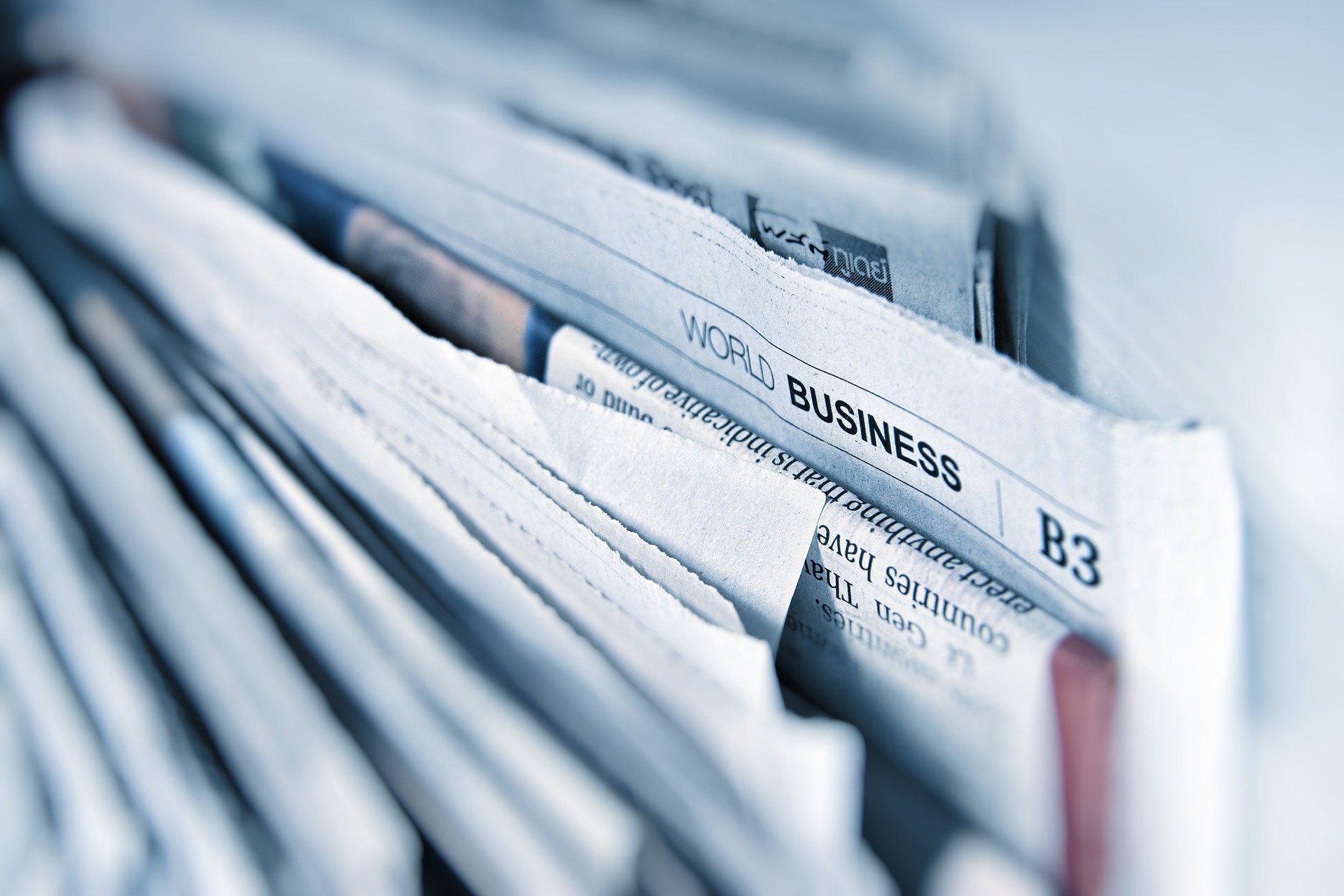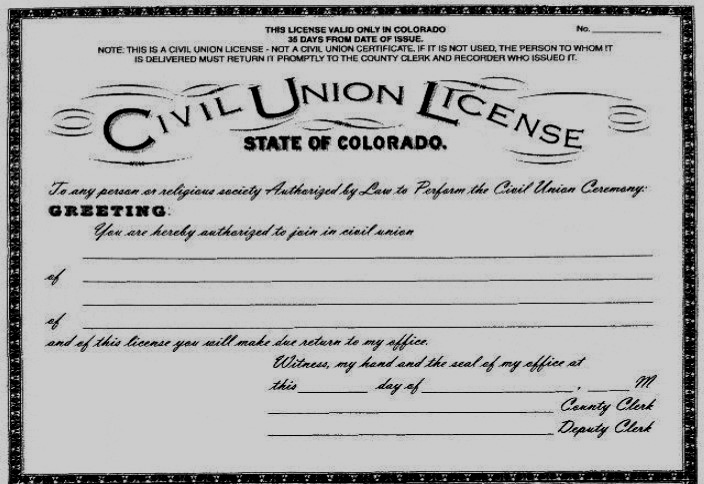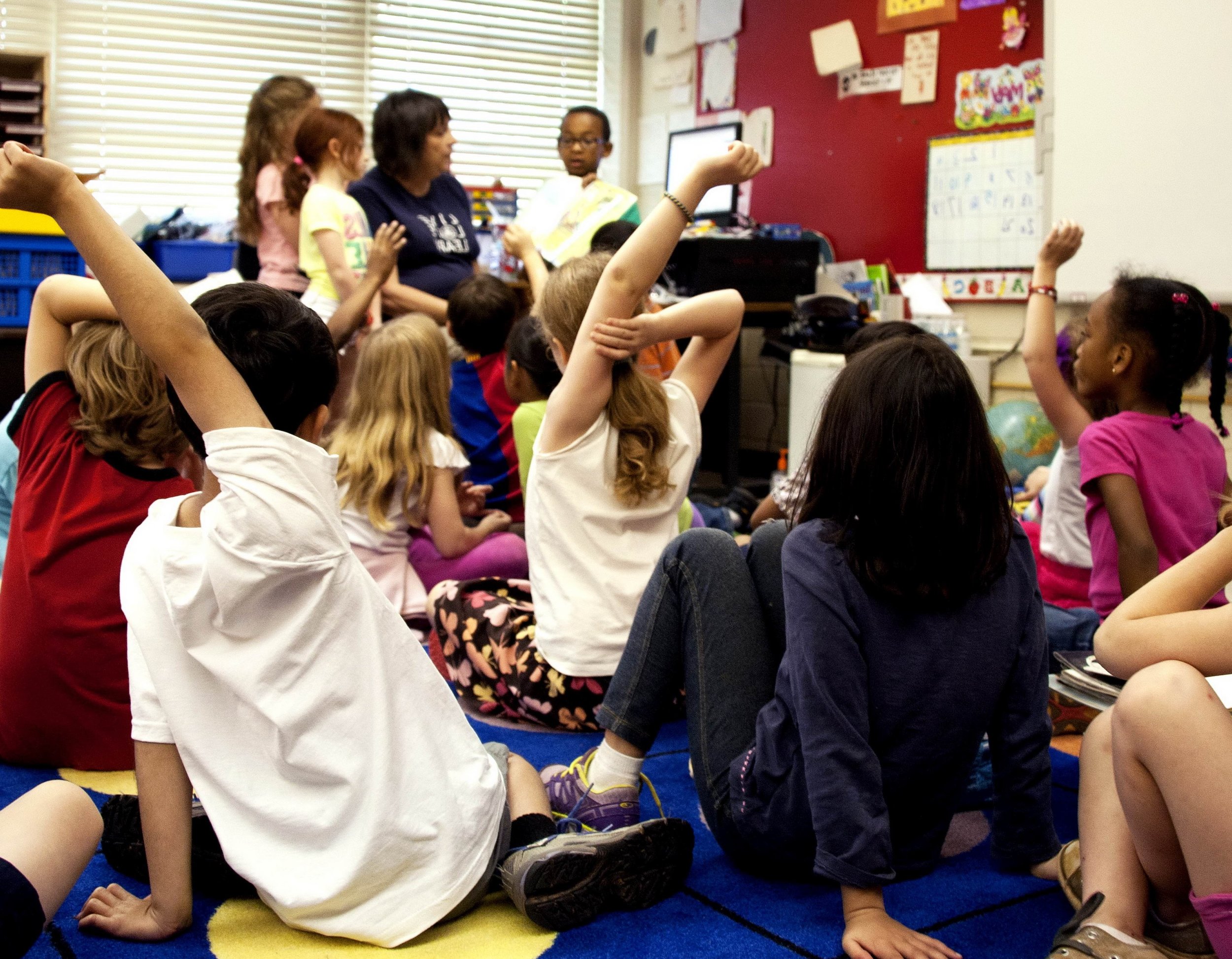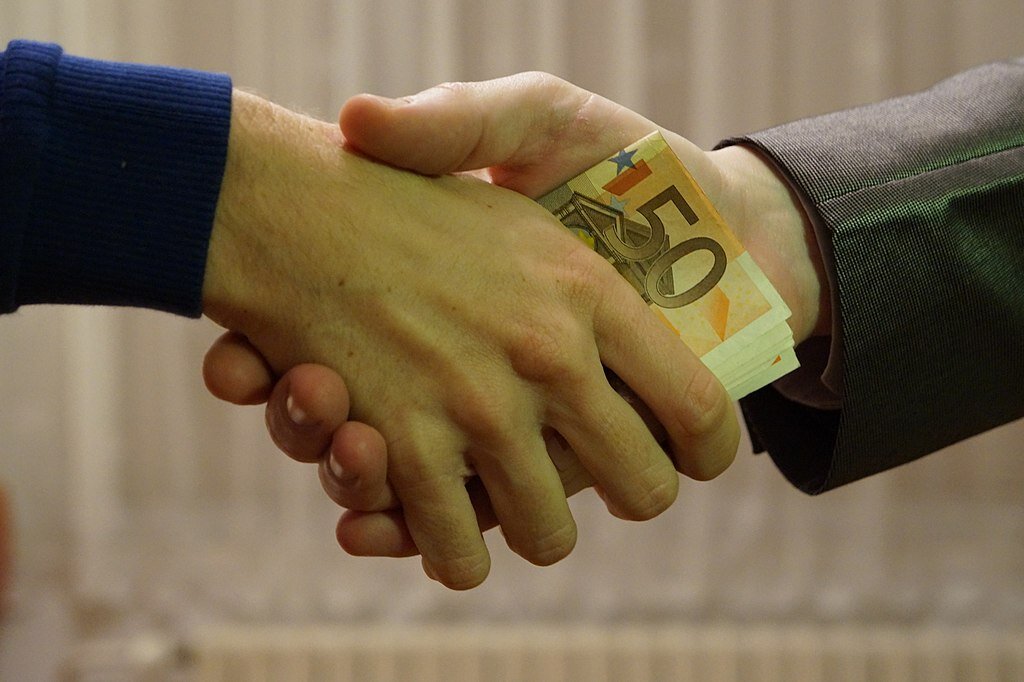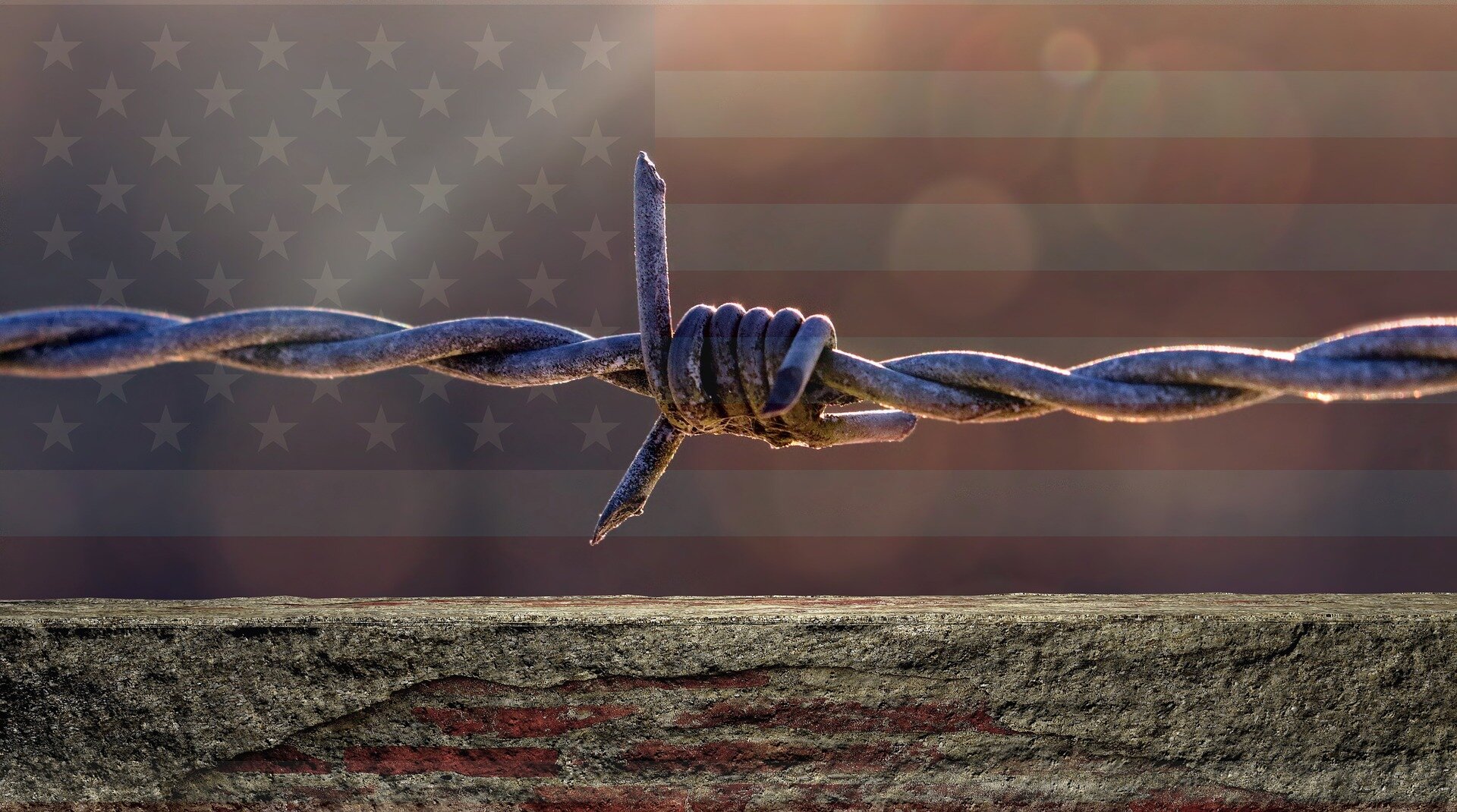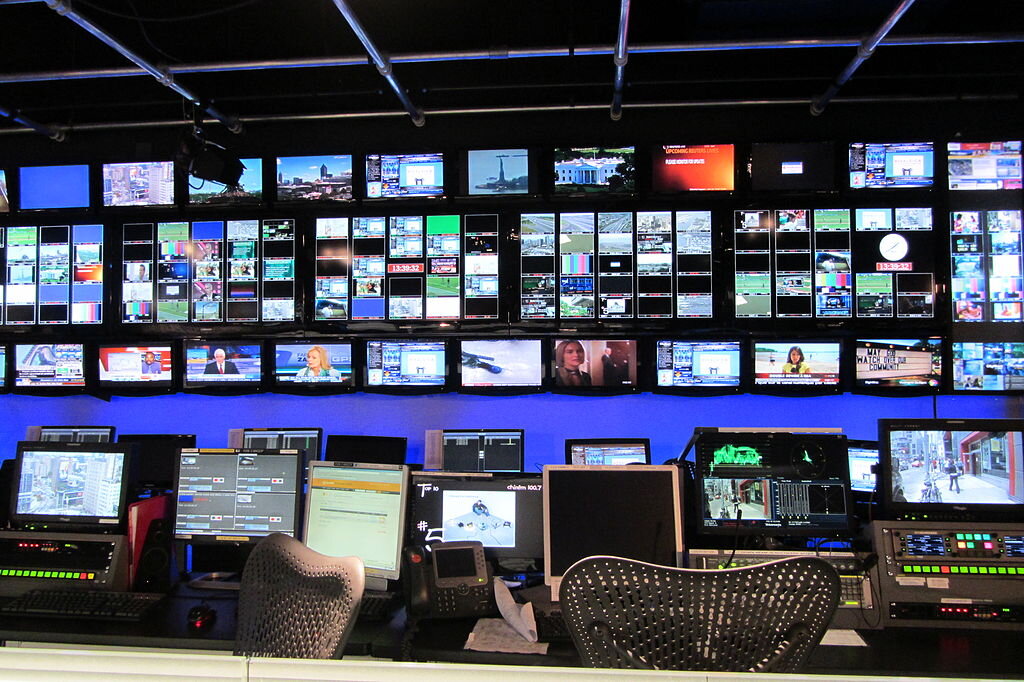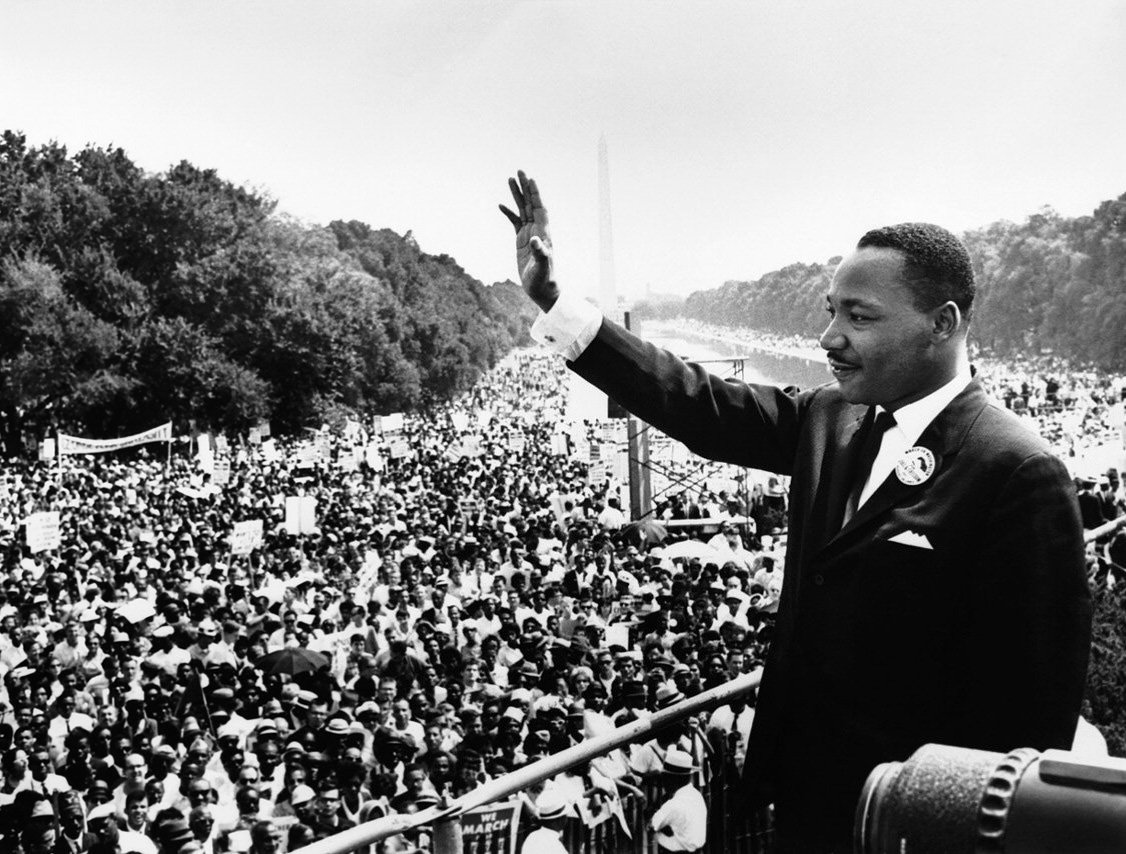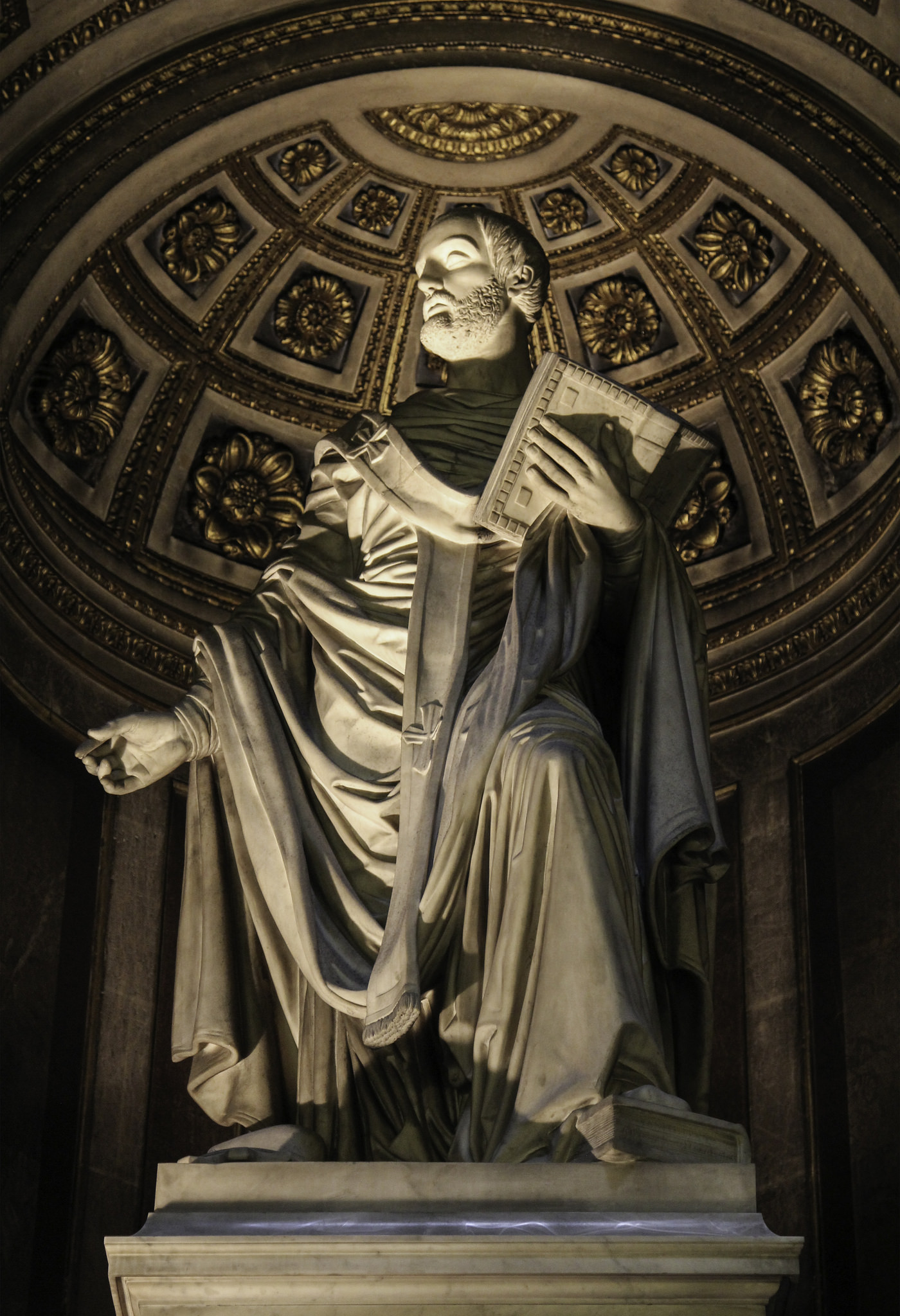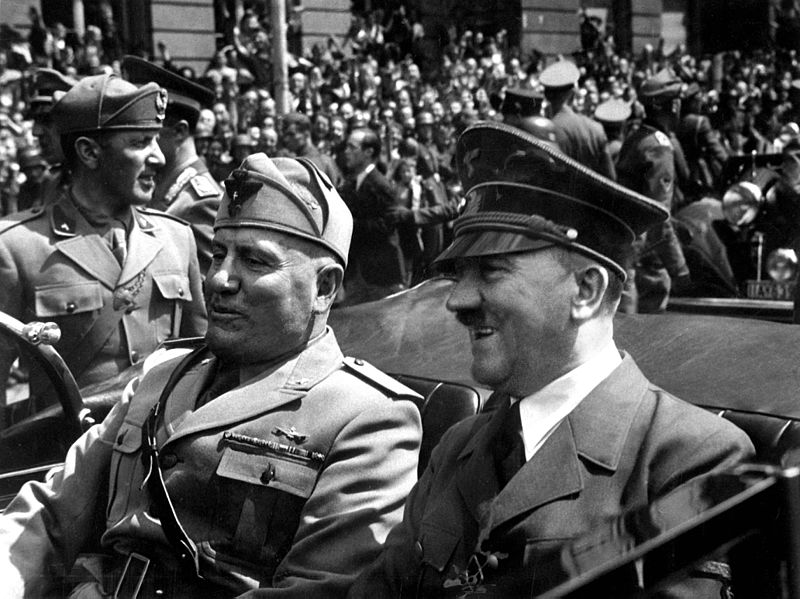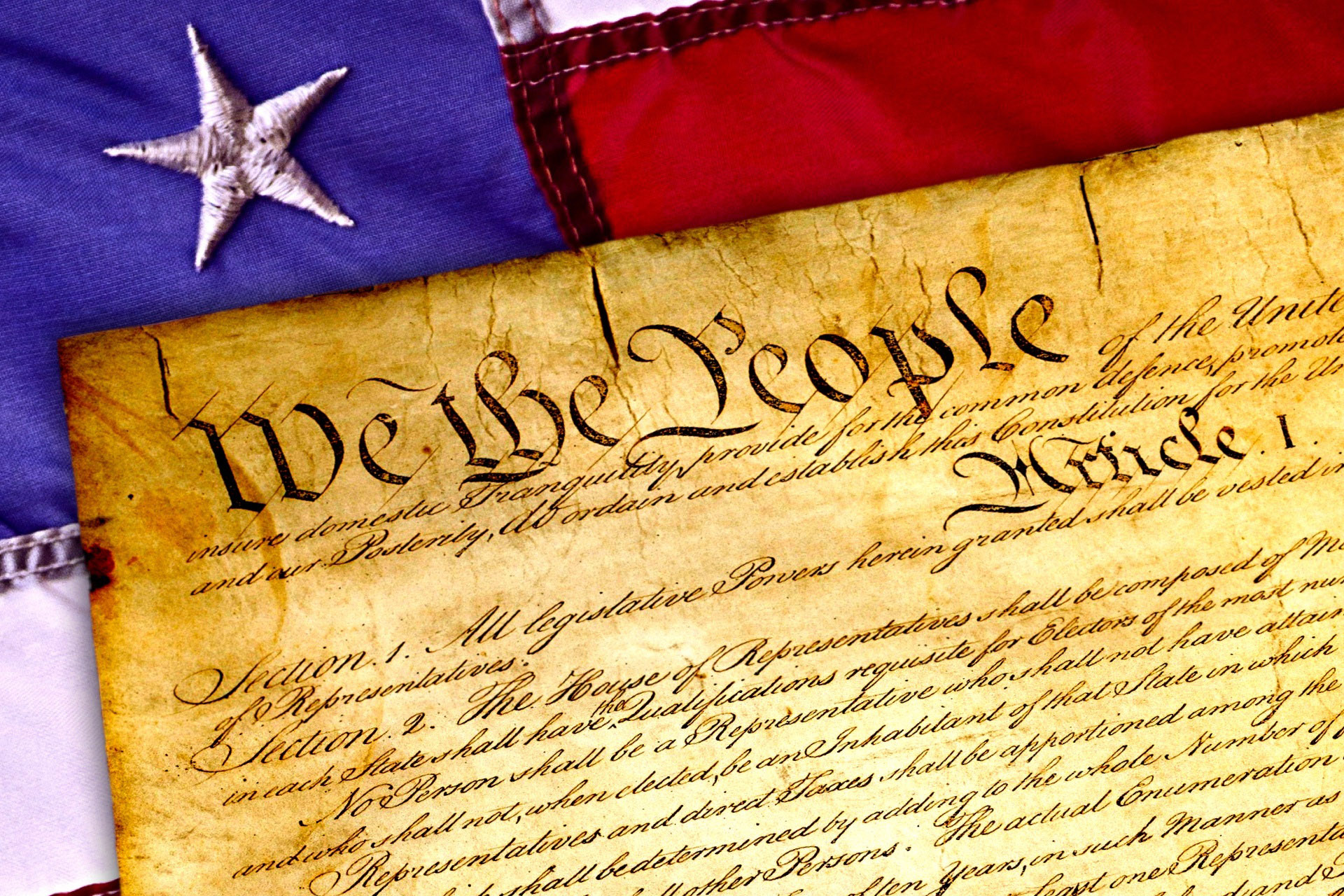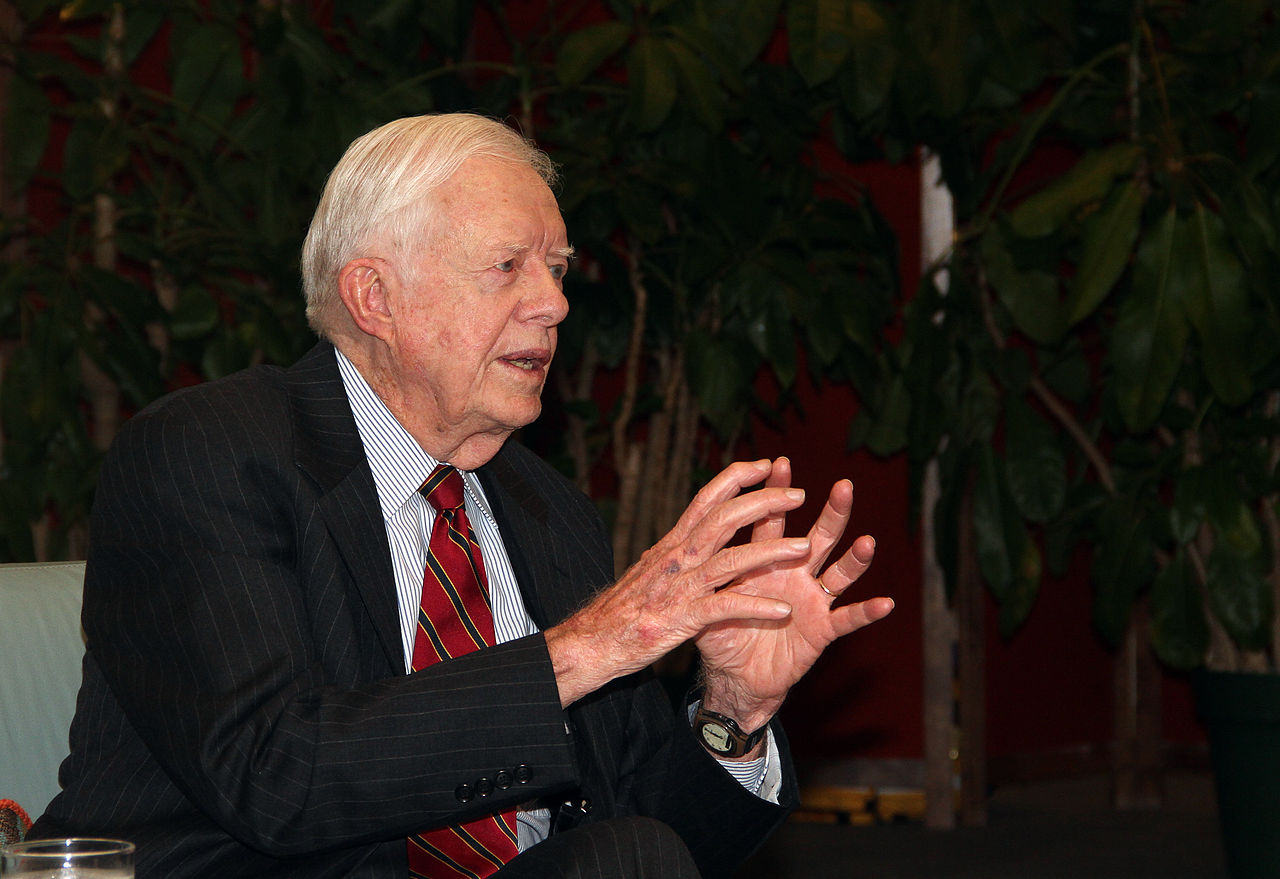Debt Forgiveness
Photo credit: Adam Cleaver | CC2.0.
Introduction
What would happen if more debt forgiveness happened? What happened historically with “debt jubilees”?
Other Resources on Debt Forgiveness
One, Debt Cancellation (One website)
Alan Cowell, Finance Chiefs Cancel Debt of 18 Nations. New York Times, Jun 12, 2005.
Mbiyimoh Ghogomu, China Is Canceling the Debt of the World’s Most Impoverished Nations. Higher Learning, Sep 29, 2015.
KWCH, Wichita Church Pays Off $2.2 Million in Medical Debt for Kansans. KWCH, Apr 22, 2019.
Dan Meegan, Conservatives Have a Different Definition of ‘Fair’. The Atlantic, Apr 30, 2019. “And liberals ignore it at their peril.” “Conservatives tend to value equity, or proportionality, and they see unfairness when people are asked to contribute more than they should expect to receive in return, or when people receive more than they contribute. Consider a hypothetical comparison of two people who graduated from college five years ago with equal amounts of debt. Jessie successfully implemented a plan to pay off the debt in five years, while Sam still has much to repay. Warren’s plan [for student debt forgiveness] forgives Sam’s debt, but offers nothing to Jessie, despite her industriousness and self-discipline. To add insult to injury, Jessie must contribute tax dollars to the $640 billion fund necessary to forgive outstanding loans, including Sam’s.” The root visceral impulse at the heart of the myth of meritocracy.
John Iadarola, Student Debt Forgiveness To Create Economic Boom. The Damage Report, Dec 1, 2019.
Editorial Board, Debt Forbearance as a Tool to Defeat the Pandemic. Christian Science Monitor, Apr 17, 2020. To prevent evictions, small business bankruptcy, etc.
Suse Steed, COVID Is an Opportunity to Cancel Debts. So Why Do We Keep Taking On More? Suse Steed, Aug 21, 2020. A British economist addresses private indebtedness
Melissa Florer-Bixler, What Does It Mean to Forgive Our Debtors? Faith and Leadership, Mar 23, 2021. “So Shue ended the sermon with a request. He had the ushers hand out slips of paper and asked the congregants to write down “Debt” or “Jubilee,” along with the amount of money they owed in burdensome debt or the amount they could afford to give away. When Shue looked through the slips of paper at the end of the service, he was stunned. The members had pledged $50,000 toward congregational debt relief.”
John Oliver, Bankruptcy. Last Week Tonight, Apr 19, 2021. Discusses prevalence, chapter 7 and chapter 13 bankruptcies, lawyers steering black debtors towards chapter 13 (about three times more expensive) and white debtors into chapter 7.
Amy Goodman, “Your Debt Is Someone Else’s Asset”: Calls Mount to Cancel Debt & Halt Wealth Transfer to the Rich. Democracy Now, Dec 9, 2021. Gives current stats on the contribution of student loan debt to the racial wealth gap and the generational wealth comparison. Also gives historical, legal, and economic background to what student loans are, where they go. Compares to credit-debt relations in other cases, and how the wealthy are advantaged. Ryan Grim, Kim Iversen, Robby Soave, New Film Reveals Americans Drowning In $15T Of Debt, “Your Debt Is Someone Else’s Asset” Rising | The Hill, Dec 22, 2021. Co-director of "Your Debt Is Someone Else’s Asset,” Kim Boekbinder, describes her new film. Good discussion about the differences between medical debt and student loan debt, and the implications of regular debt-forgiveness.
Tony Messenger, Profit and Punishment: How America Criminalizes the Poor in the Name of Justice. St. Martin’s Press | Amazon book, Dec 2021. “As a columnist for the St. Louis Post-Dispatch, Tony Messenger has spent years in county and municipal courthouses documenting how poor Americans are convicted of minor crimes and then saddled with exorbitant fines and fees. If they are unable to pay, they are often sent to prison, where they are then charged a pay-to-stay bill, in a cycle that soon creates a mountain of debt that can take years to pay off. These insidious penalties are used to raise money for broken local and state budgets, often overseen by for-profit companies, and it is one of the central issues of the criminal justice reform movement.” See interview with Ryan Grim, Kim Iversen, Robby Soave, Author: The Criminal Justice System Cruelly Punishes America's Most Vulnerable Simply For Being Poor. Rising | The Hill, Dec 23, 2021.
Yanis Varoufakis, Looming Threats in the Global Economy? The Agenda with Steve Paikin, April 21, 2022. Varoufakis notes:
“With the benefit of hindsight, the West should be self-critical… Let me remind you that after 1991, Russia was on its knees. You had Yeltsin. You had, in the prime-minister-ship of Russia, liberal reformists. Why were they crushed? They were crushed because the International monetary Fund and Washington insisted on a policy of exacting a pound of flesh from the Russian economy in the form of debt repayments that the Russian economy was simply not prepared to make. Let me remind you that between 1995 and 1998, Russia was pushed into a major financial crisis by the West. The IMF brought Russia to its knees in 1998. Let me remind you that because of this policy by the International Monetary Fund and Washington, the life expectancy of men in Russia fell from 78 to 56 years of age. This has never happened, in any country in the world, in such a short space of time to have this crushing effect on an economy, a society. It is my considered opinion that the monster that goes by the name Vladimir Putin was bred in the guts of this gigantic humiliation of the Russian people. That was effected by the denial to the Russian people of the opportunity to join the global economy. It is time that Washington takes a very good look at itself in the mirror and understand that it’s not that integrating the Russian economy didn’t work. It was a choice of Washington and in particular the International Monetary Fund in association with Washington DC. It was a choice not to integrate Russia that gave rise to Putin, the oligarchs, and gave the impetus to a process by which Russia became the villain of the piece.”
Amy Goodman and Nermeen Shaikh, A Third of Pakistan Is Underwater. Calls Grow for Climate Reparations and Debt Cancellation. Democracy Now, Sep 15, 2022. Could the IMF use debt-swaps to fund infrastructure and repair projects?
Christian Restorative Justice, Banking, and Finance: Topics:
This page is part of our section on Banks and Finance, which examines the following topics: Interest Rate Lending critiques usury from multiple vantage points including the biblical, and highlights moral and economic problems associated with it. Debt Forgiveness explores the rationales and effects of forgiving debts. Corruption and Regulation demonstrates how nefarious banks and financial institutions are. Central Banks explores currency manipulation and monetary policy. Public Banks explore options like a public option for banks, postal banking, and actual examples of socialized banks. Islamic Banking examines quranic principles and examples of a different institutional framework for banking. Student Loan Debt tracks the challenges and root causes behind ballooning student loan debt in the U.S. See also Racism in Banking and Finance for resources on racism and finance.
Christian Restorative Justice Critique of the Right: Domestic Policy Topics:
This page is part of our section Critique of the Right, which engages the following topics: Banking and Finance examines the economic and political power of financial institutions; Bioethics discusses abortion policy; Business and Economics examines economic theories, taxes, housing, environment, corporate law, labor law, automation, and inequalities of wealth and power; Civil Unions makes the Christian case for civil unions for all and removing marriage from the culture wars; Criminal Justice examines crime statistics and definition, policing, prosecution, sentencing, prisons, and reintegration; Education examines public education and conservative resistance to it; Environment and Health highlights the many challenges we face related to animals, climate change, food, and health systems; Government Corruption spotlights political compromises and dealings contrary to the public good; Gun Rights examines gun policies and rhetoric; Media spotlights failures of, and possible fixes to, left-wing or left-leaning media; Power and Politics highlights the impact of racial considerations and racism on political campaigns, voting rights, public investments, and other political procedures; Race examines the impact of white supremacy on virtually every aspect of American life.

